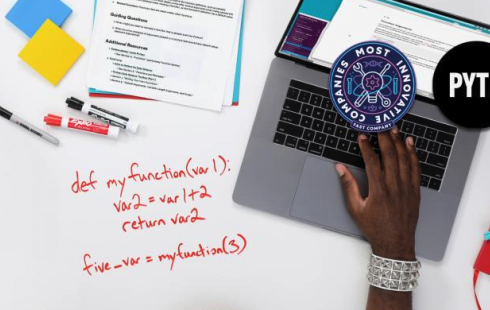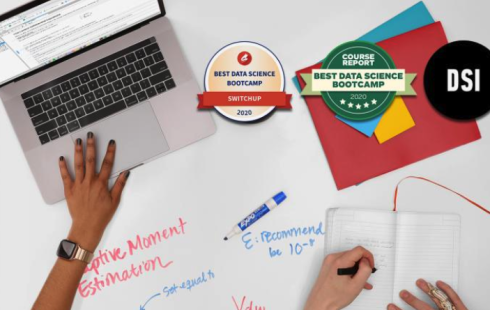Whether you have coded before or are brand new to the world of programming, this course will put you on the fast track to building confidence with this intuitive, object- oriented language. Learn programming fundamentals and build a custom application. Graduate with the ability to start applying Python within high-growth fields like analytics, data science, and web development.
What you'll accomplish
This is a beginner-friendly program with no prerequisites, although some students may have coded previously. First-time programmers will have access to pre-course preparatory lessons and additional resources to boost their confidence with key concepts and set up their development environments. Throughout this expert-designed program, you’ll:
- Learn object-oriented programming fundamentals and Python basics that get you coding from day one.
- Build a Python program and add on increased complexity throughout the course.
- Troubleshoot Python code and practice common debugging techniques.
- Push your skills to the next level by adding scripting, modules, and APIs to your Python toolkit.
- Explore introductory data science and web development as potential career directions for Python programmers.
- Demonstrate your Python skills by creating apps that pull in data with Pandas or integrate functionality from APIs with Flask.
Why General Assembly
Since 2011, General Assembly has graduated more than 40,000 students worldwide from the full time & part time courses. During the 2020 hiring shutdown, GA's students, instructors, and career coaches never lost focus, and the KPMG-validated numbers in their Outcomes report reflect it. *For students who graduated in 2020 — the peak of the pandemic — 74.4% of those who participated in GA's full-time Career Services program landed jobs within six months of graduation. General Assembly is proud of their grads + teams' relentless dedication and to see those numbers rising. Download the report here.
Your next step? Submit an application to talk to the General Assembly Admissions team
Note: reviews are referenced from Career Karma - https://careerkarma.com/schools/general-assembly





